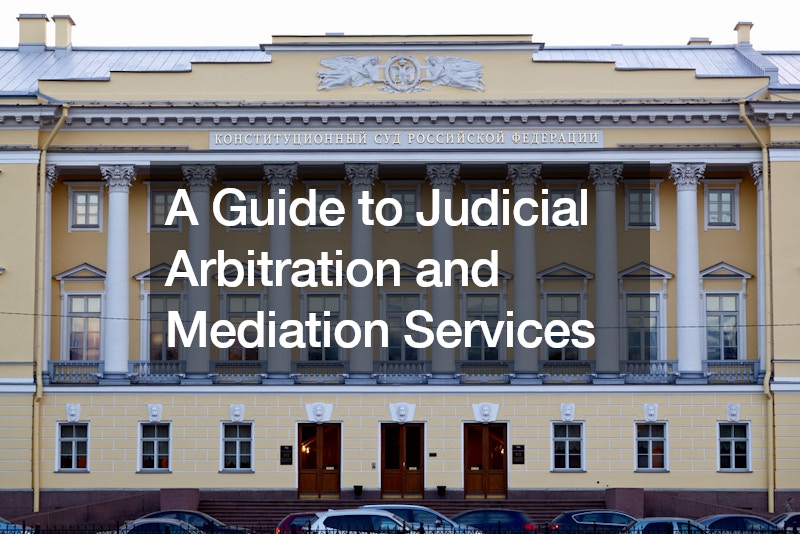Jud Icial arbitration and mediation services offer alternative dispute resolution methods that can help parties resolve legal conflicts outside of traditional courtroom litigation. These services provide a forum for parties to collaborate in finding mutually acceptable solutions to their disputes with the assistance of a neutral third-party mediator or arbitrator.
In judicial arbitration, an impartial arbitrator, typically a retired judge or experienced attorney, hears arguments and evidence from both parties and renders a binding decision on the outcome of the dispute. This process provides a streamlined and cost-effective alternative to trial, allowing parties to resolve their disputes more efficiently while still maintaining some control over the outcome.
On the other hand, mediation involves a neutral mediator who facilitates communication and negotiation between parties to help them reach a mutually satisfactory agreement.
Unlike arbitration, mediation is non-binding, meaning parties are not obligated to accept any proposed settlement unless they voluntarily agree to it.
Both judicial arbitration and mediation services offer numerous benefits, including confidentiality, flexibility, and the preservation of relationships between parties. By avoiding the adversarial nature of litigation, parties can often achieve more creative and tailored solutions to their disputes, leading to greater satisfaction and compliance with the final resolution. Overall, judicial arbitration and mediation services serve as valuable tools for resolving legal conflicts efficiently and effectively.


